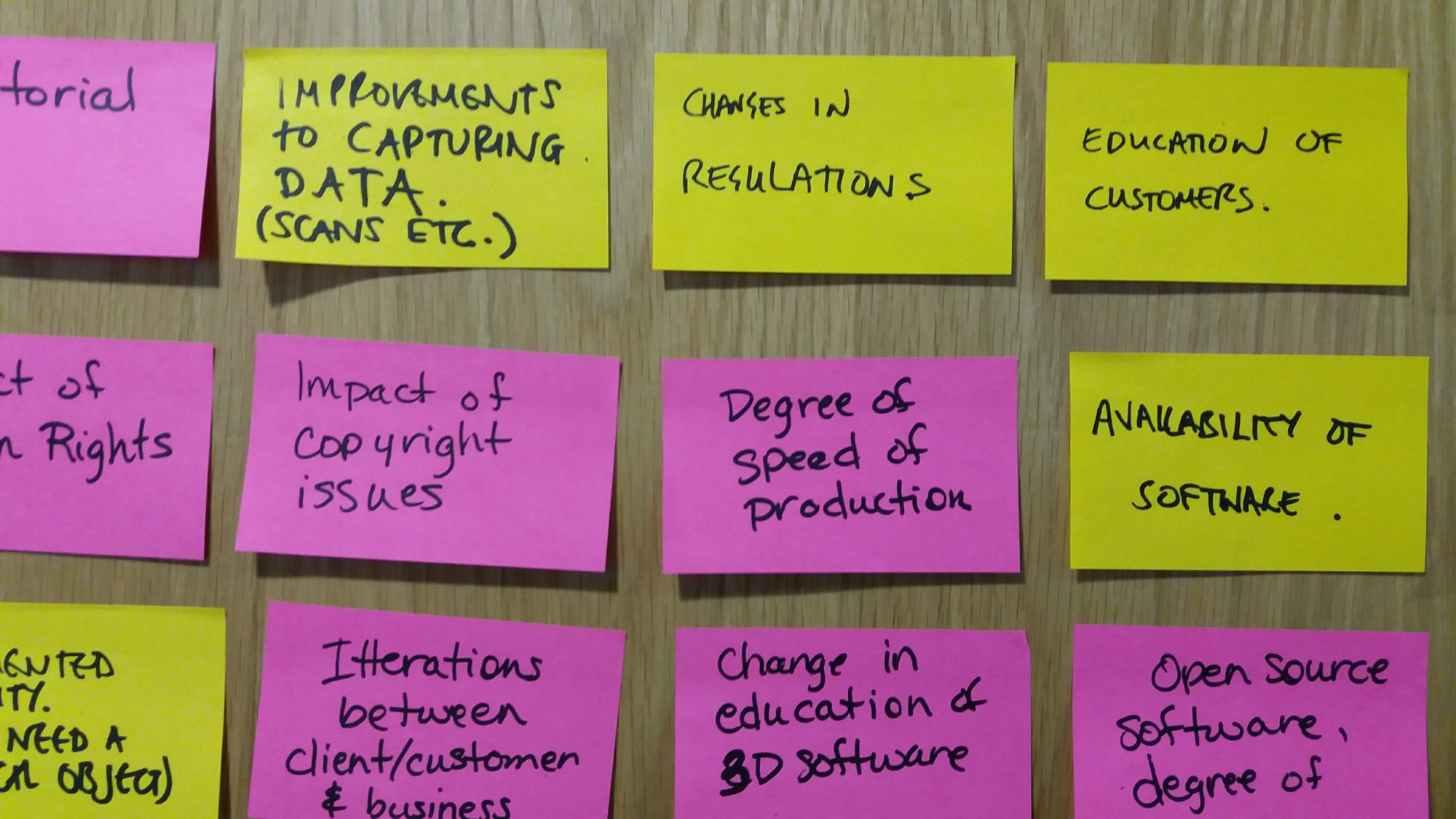Scenario planning is a multi-stage, group-based approach that “always aims for the invention of strategy and testing of related organisational characteristics against multiple representations of the future business environment.” The results are a variety of plausible, critical, and future-oriented scenarios. In order to develop the final scenarios, practitioners must engage in scenario thinking, which leads to greater abilities to view future strategies more comprehensively.
This page provides a basic overview of the technique we use for scenario planning. The flexibility of this technique allows us to effectively facilitate scenario planning workshops in-person or virtually, with c-suite executives, policy makers, citizens, or a variety of other stakeholders.
Recruitment
Invite community members, practitioners, decision makers, policy makers, and stakeholders to be part of our scenario planning team


Pre-stage
Scenario teams are familiarized with details of the issues, goals and timeline that will guide their workshop
Stage 1
Workshop begins. Teams are guided through identifying key uncertainties and driving forces that could be influential to the focal issues for the organisation


Stage 2
Teams identify causal connections that create clusters of plausibly linked events
Stage 3
Clusters of events are ranked and valued to help determine which should be developed into scenarios for strategic action


Stage 4
Teams take into account all factors associated with each chosen cluster of events and develop various scenarios that paint qualitatively different futures for the purposes of stress testing, risk assessment, policy development, horizon scanning, and more

Scenarios
Navigate to our Futures of Scotland project to see the latest examples of stakeholder-led scenarios from our COP26 workshops, held in tandem with the 2021 United Nations Climate Change Conference


